Samsung's Galaxy S24 just put a nail in the Google Pixel coffin
Anything you can do I do, too, partner
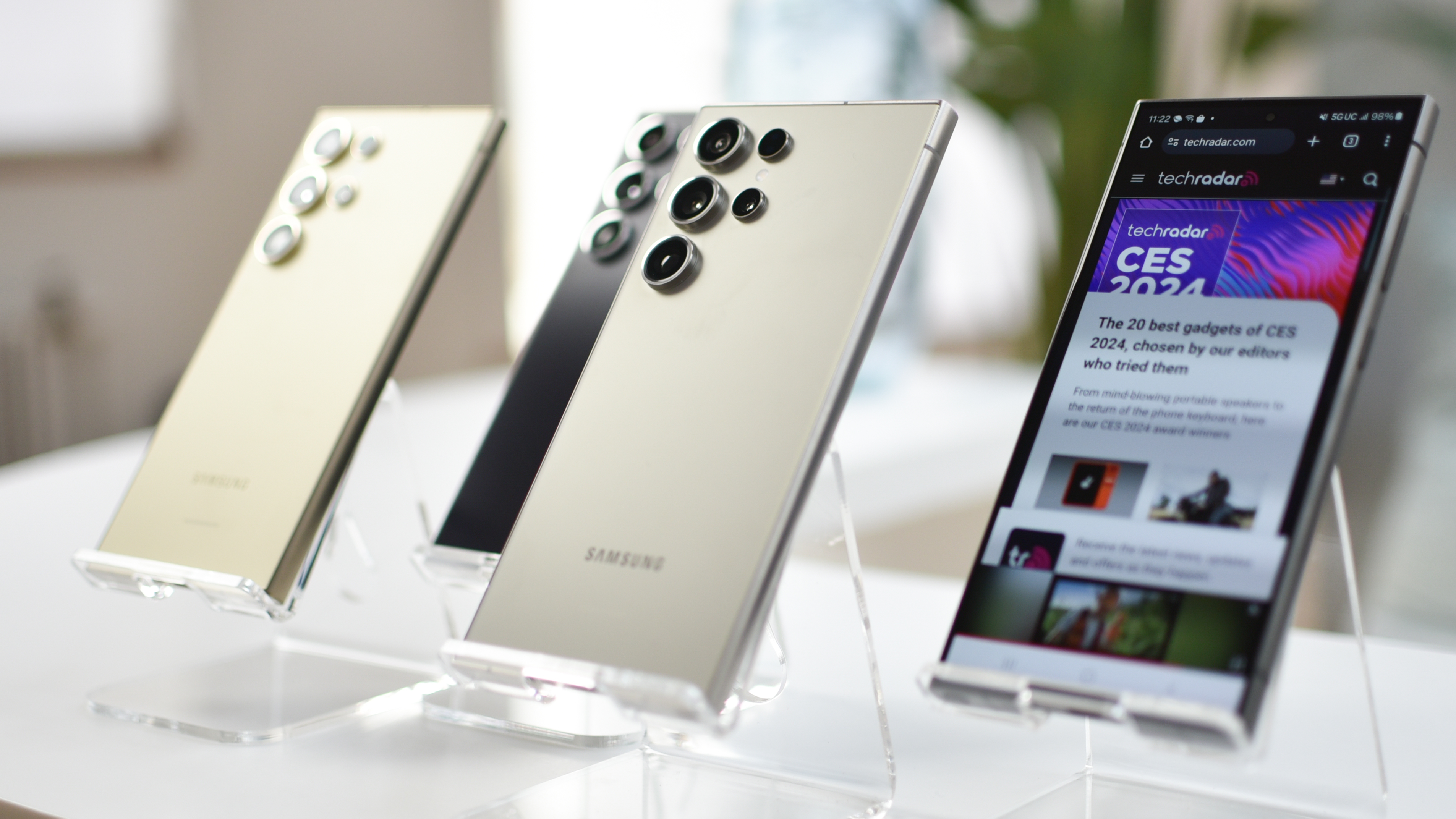
It’s time to stop CPR on the Google Pixel lineup. I’m making the call. Time of death: 10am, January 17, 2024, when Samsung announced the Galaxy S24. I’m sorry for your grief, Pixel fans, but there’s nothing more we can do. I see that the Pixel was an organ donor, so rest assured its passing will benefit others. Now, if you wouldn’t mind trading in your old device, there’s a line forming to pay respects.
I was a huge fan of the Google Nexus phones and tablets, especially the Nexus One by HTC, and the subtly curved, eminently-pocketable Nexus S by Samsung. Those were cool phones for tech nerds. By the time Google changed the branding to Pixel, things felt a bit more silly, and sadly more cheap.
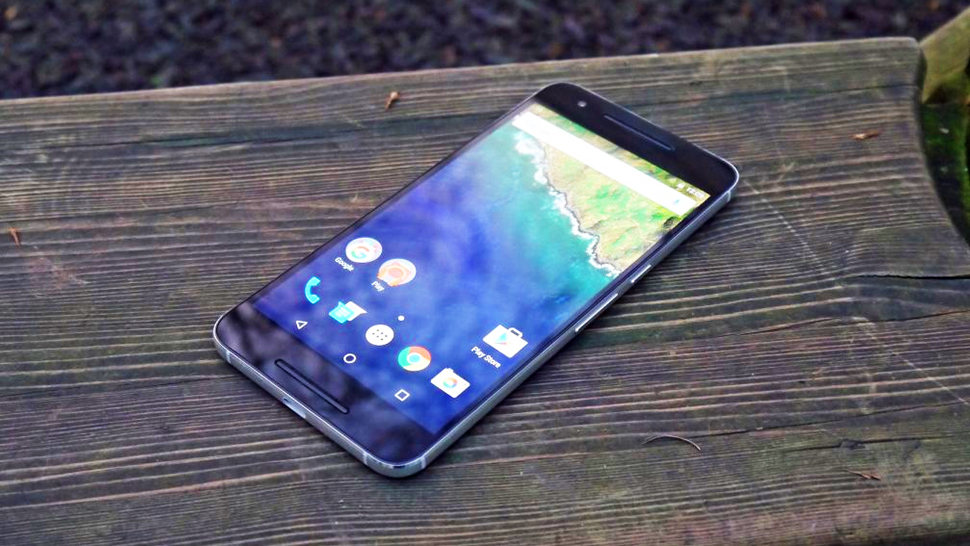
Over time, Google has tried to make a premium Pixel phone, but this year it’s stretched too thin, and the entire Pixel organism is needlessly suffering.
Google made a nice phone, but then it started branching out. In 2022, it launched the Pixel Watch, which didn’t quite land. It had battery life problems and wasn’t very competitive.
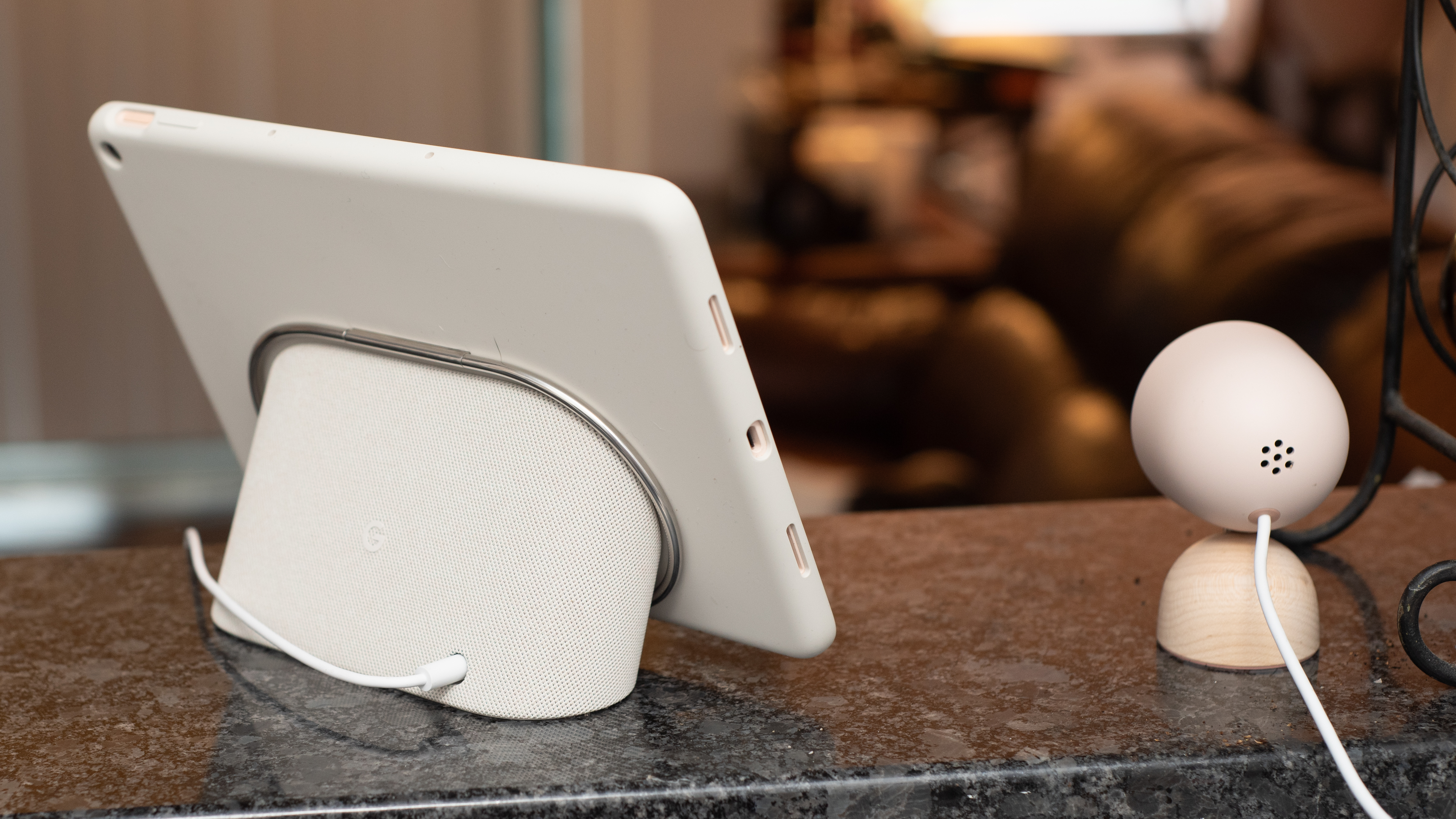
Google also launched the Pixel Buds Pro, which you can now buy at a serious discount versus comparable AirPods Pro 2 from Apple. Both of those products have been updated with huge new features since launch, including spatial audio and conversation detection on the Buds Pro.
In 2023? We finally got a Pixel Tablet, and it comes with a speaker dock attached?! That’s a lot. We also got the Pixel Fold, a tablet/phone hybrid. Both of these should have shipped with an entirely new version of Android to match, but Google could hardly be bothered to create even a clock widget to fit the new, larger screens.
Google is stretched thin, and you can feel it in the experience.
Sign up for breaking news, reviews, opinion, top tech deals, and more.
The experience every Pixel owner knows too well
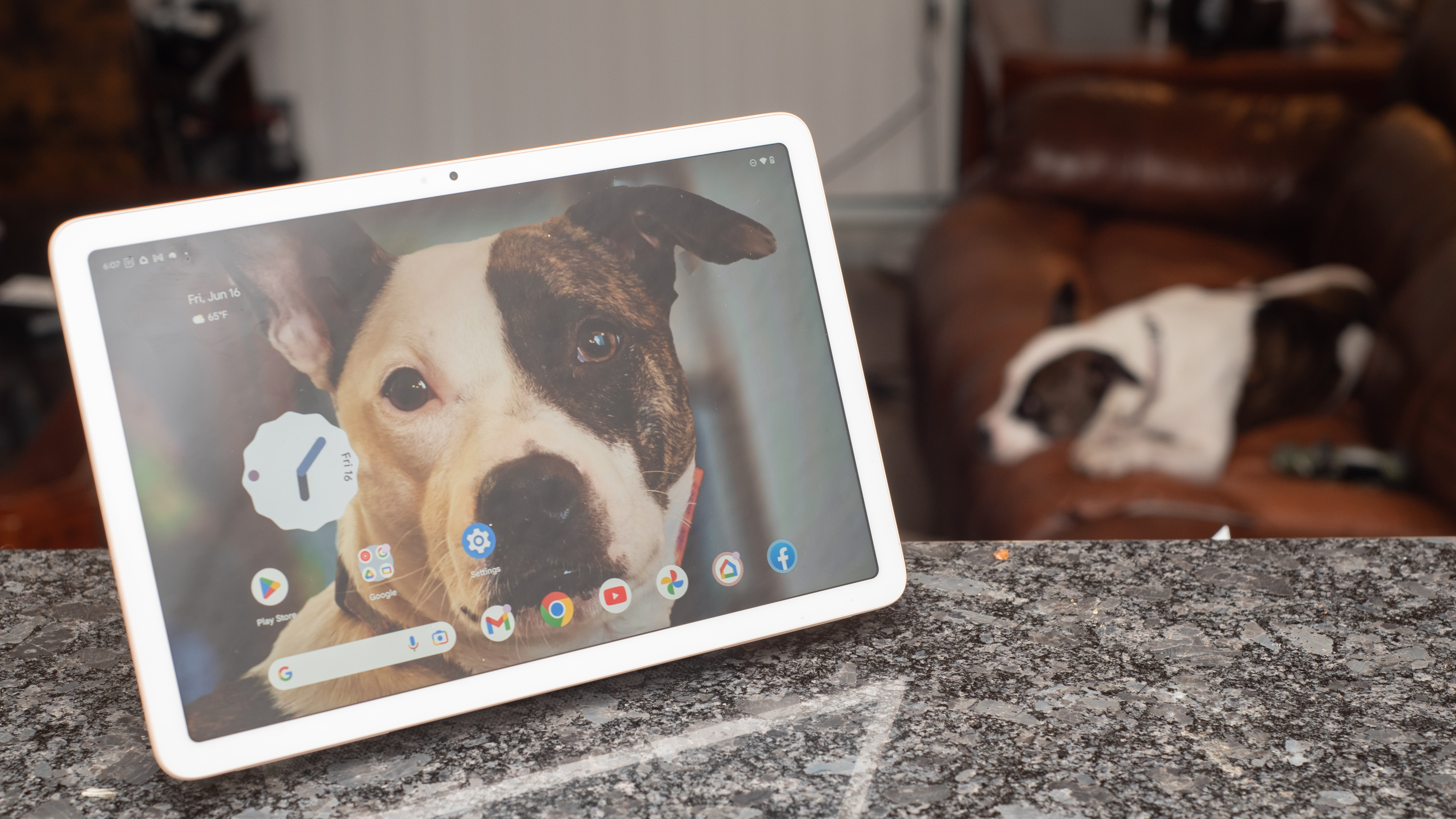
When I left for CES 2024 in Las Vegas, I asked my Google Pixel Tablet to turn off all the lights. “Turning off 6 lights. Sorry, 5 lights aren’t available right now,” was the semi-familiar response. I have thirteen Philips Wiz lights in my apartment and a Nanoleaf Shapes.
When I came back from CES, I asked the Pixel Tablet to turn on the lights. “Sorry, three lights aren’t available right now.” No lights turned on, but the light in my kid’s bedroom had been on all week.
I’d love to say that this was just a bad experience, but which experience? Is it the Pixel Tablet that’s having problems? Google Assistant? Google Home? I suspect all of the above. Pixels work well on day one but deteriorate quickly, and eventually, things stop.
Samsung just got all the good stuff
Google’s year in mobile has been a bust. Android 14 made precisely zero waves, while Apple’s iOS 17 is so good that cops are warning parents that it could be corrupting children. Android is folk music, while Apple is Rock ‘n Roll.
Now, Google just lost its best features to Samsung. I still carry a Pixel 8 Pro to work because the Google Recorder app is so good. It transcribes as it records, and you can later tap on a word in the transcript to hear what someone actually said. It’s amazing, and invaluable for journalists, students, or anyone who needs a concise record.
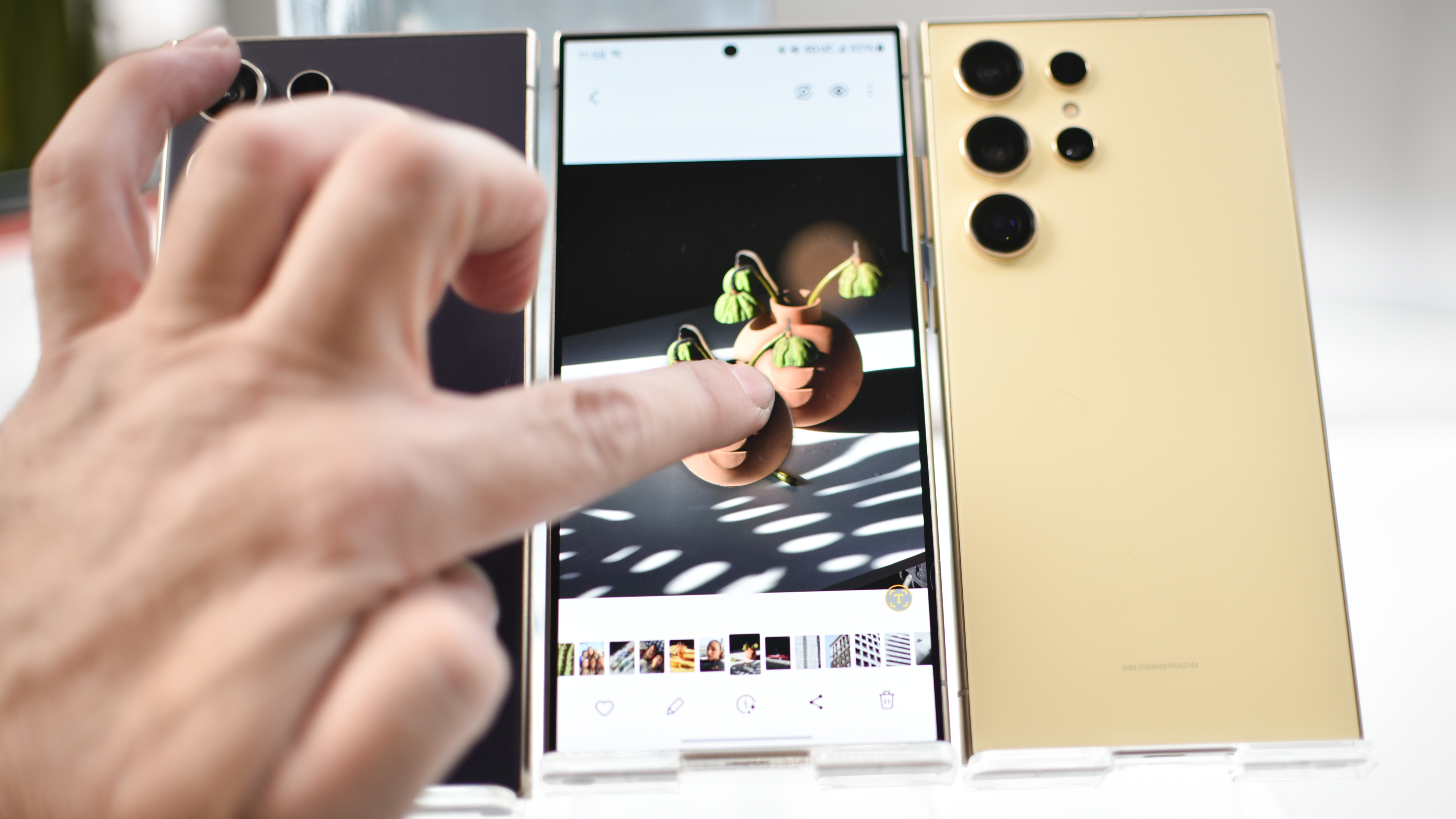
It’s now available on the Galaxy S24, as the Samsung Voice Recorder app. Same features and functionality. Oh, and the amazing generative AI wallpaper that was exclusive to the Pixel 8 family? Also on the Galaxy S24.
In fact, lots of Pixel features are coming to the new Galaxy. Google’s newest search feature, circle to search, will launch on the Galaxy and come to the Pixel 8 on January 31 - the day the Galaxy S24 lands in stores.
Seven years of support - who do you believe?
Google cancels products. Google also cancels promises
If that isn’t enough to doom Google’s Pixel, here’s the real nail in the coffin. Samsung announced seven years of support for Android updates on the Galaxy S24 family. That’s a major commitment from Samsung, and it steals all the thunder from Google’s identical promise.
Why? Because we can’t trust Google, not yet. Google cancels products. Google also cancels promises.
When Google launched the Pixel 6, it offered a ‘Pixel Pass’ upgrade program so buyers could trade for a new phone within two years. Those buyers should have traded for a Pixel 8, but Google canceled the program before it allowed them to trade. Frankly, that’s a serious blow to Google’s credibility, and why my eyebrow goes up every time I hear about a seven-year commitment to the Pixel 8.
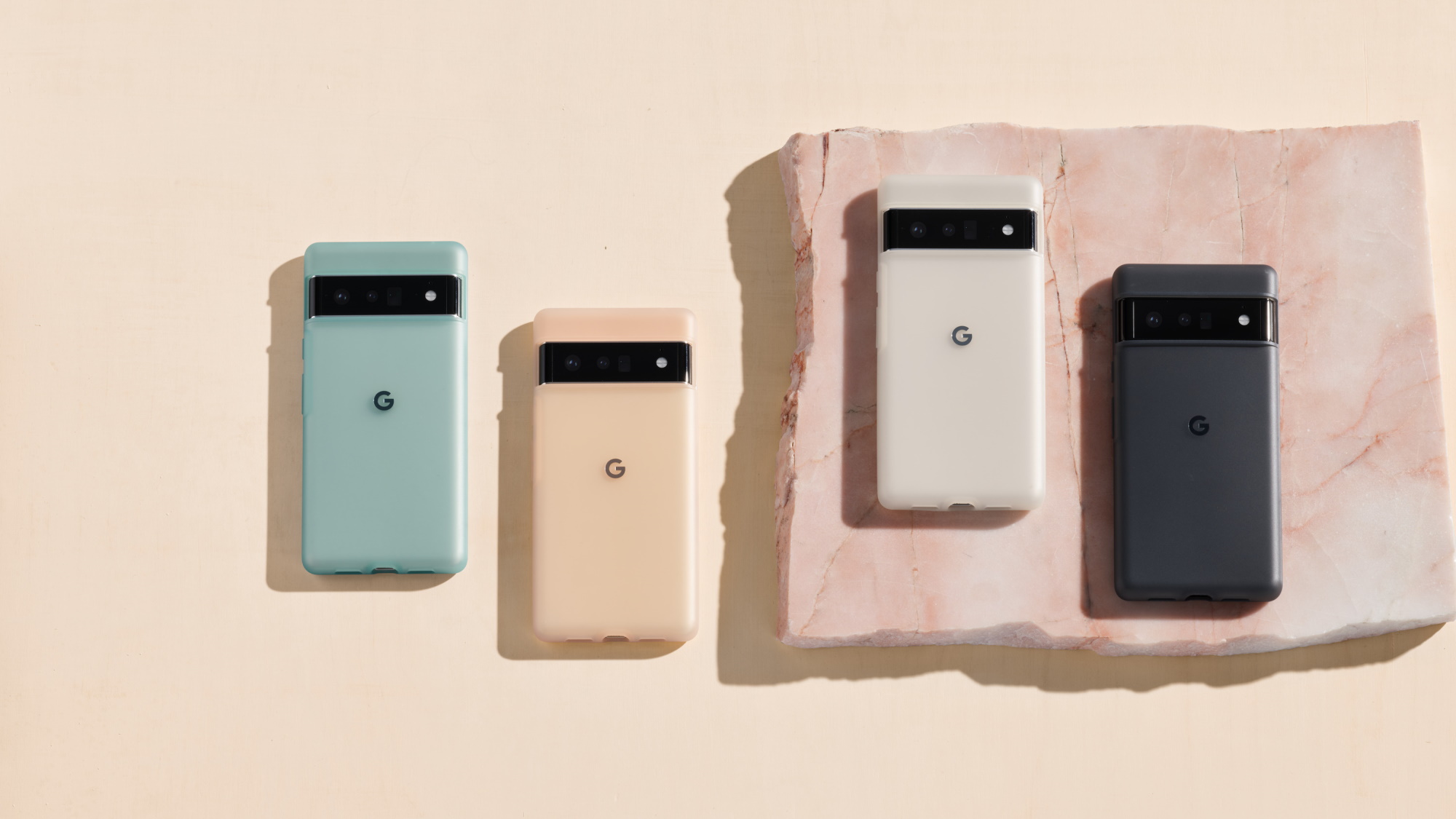
Samsung, on the other hand, delivers on its promises. It may cancel products and services, but when Samsung says a phone will get three or four years of Android updates, you can verify three and four years later that the phone has been kept up to date. I’ve done it with every Samsung Galaxy S phone, and the company has a solid track record.
I don’t really see how Samsung can pull it off, supporting a phone from 2024 into the year 2031. Will our phones even work in our Moon houses? But if I’m skeptical of Samsung, I would literally bet against Google pulling this off. There is no way it supports the Tensor G3 chipset on the 2023 Pixel 8 until 2030. I suspect we’ll get a fork of Android for older phones, or a similar disappointment. Why even bother?
When I look to the future for Samsung and Google I see different vistas. Samsung looks confident. Is it building on its Google partnership, or swallowing its flailing rival?
When I look at Google, I see Pixel promises that will be more difficult to keep, whether that’s refreshing the new tablet, adapting Android to foldables, or even just keeping the existing smartphones alive as long as it promised. I don’t have the confidence that Google's Pixel team can do all of this at once, so maybe it’s time to just stop.
You might also like...

Starting more than 20 years ago at eTown.com. Philip Berne has written for Engadget, The Verge, PC Mag, Digital Trends, Slashgear, TechRadar, AndroidCentral, and was Editor-in-Chief of the sadly-defunct infoSync. Phil holds an entirely useful M.A. in Cultural Theory from Carnegie Mellon University. He sang in numerous college a cappella groups.
Phil did a stint at Samsung Mobile, leading reviews for the PR team and writing crisis communications until he left in 2017. He worked at an Apple Store near Boston, MA, at the height of iPod popularity. Phil is certified in Google AI Essentials. His passion is the democratizing power of mobile technology. Before AI came along he was totally sure the next big thing would be something we wear on our faces.